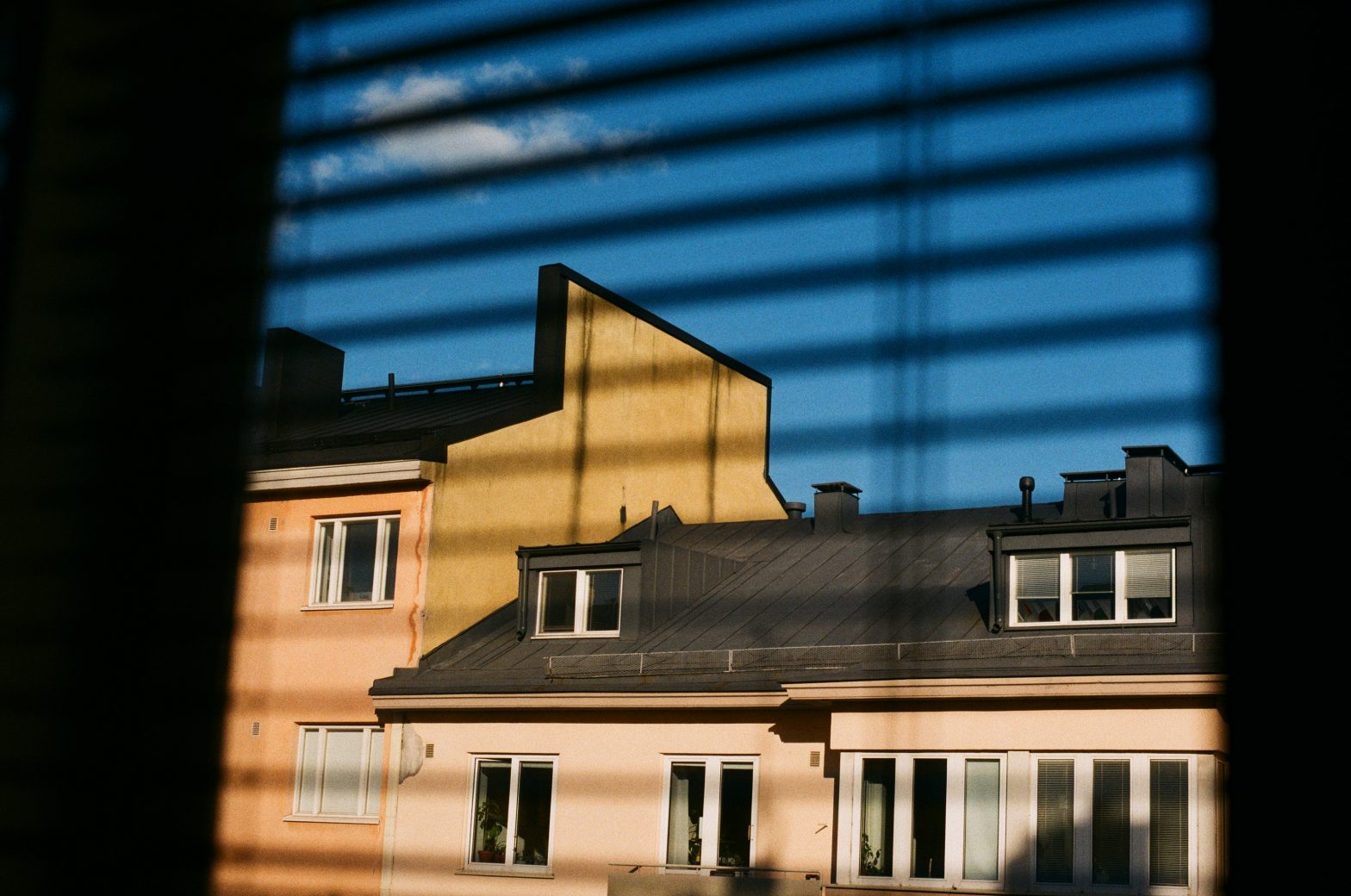As I was presenting at the DENVI Annual meeting 2020 last May (via Zoom), I spent some time talking about an issue I was facing due to the pandemic. The challenge posed by the COVID-19 travelling restrictions and social distancing practices had forced me to conduct my semi-structured interviews in Helsinki, Stockholm, and Oslo remotely. …
Author Archives: Mari P
Engaging with extraction: stone mining as a part of indigenous emotional landscape
The mining industry is often connected to polarized emotional responses. It evokes hopes for a better future while causing worries over environmental harm or resource depletion. Mining development changes local relations with the landscape but also forms new connections between humans and resources. My postdoctoral project at Helsinki Institute of Sustainability Science (HELSUS) focuses on …
Striving for sustainable development in everyday life
Individual change is necessary to tackle sustainability challenges effectively. At Aalto University, we have developed a new app, AaltoSDG, in order to encourage its users to contribute to the UN Sustainable Development Goals by taking individual action and pushing for systemic change.
The Finnish secondary environmental responsibility regime under scrutiny – mere complementary, yet necessary part of sustainable environmental protection
Picture a situation where a company engaged in mining activities has gone into bankruptcy. Preconditions for a profitable mining business are no longer present; no new operators for the mine have been found either. The applicable mining laws provide that the decommissioned mine, including its surrounding areas, should be cleaned, remediated and landscaped into a …
Sustainability science is more about listening than re-inventing the wheel – Indigenous voices for sustainability
In September 2019, thirty engaged scholars from diverging fields from Finland and Taiwan gathered to ponder upon the questions “What is Indigenous sustainabilities?”, “How can Indigenous perspectives contribute to sustainability science?” and “How can sustainability science become more sensitive towards Indigenous perspectives and worldviews?”.





